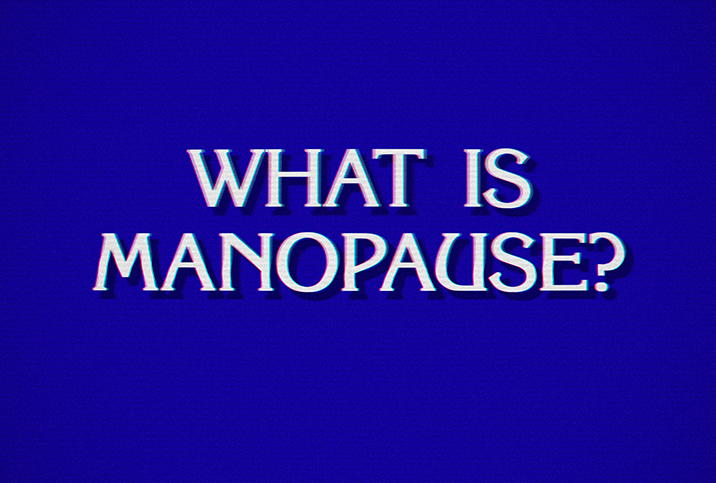What Women Should Know About Low-T in Men

Testosterone, the sex hormone produced in the testicles, plays a significant role in a man's physical development and sex drive. During puberty, increased testosterone production is responsible for the deepening of a boy's voice, development of facial and body hair, increased sex drive and muscle strength—plus, testosterone is essential for the production of sperm.
Testosterone levels can vary significantly from person to person, but levels below 300 nanograms per deciliter are considered clinically low, according to American Urological Association guidelines. Estimates vary widely, but about 20 percent of men ages 60 and older experience low testosterone, a figure that jumps to about 30 percent for men older than 70. While testosterone levels naturally drop as a man ages, a sudden, steep decline could be an indication of low-T or underlying health issues.
Recognize the symptoms of low-T
The only way to know for sure if your partner is experiencing low-T is to have them get a blood test to find out. However, some men may go to their doctor only after noticing a variety of symptoms.
The first obvious low-T one you and your partner may see is their having a reduced sex drive or erectile dysfunction. If your partner is facing this issue, rest assured it doesn't mean they are suddenly not attracted to you anymore—it's the low levels of testosterone that get in the way of sexual desire and function.
Low-T can also lead to a loss of muscle mass, fatigue and hair loss. And low-T doesn't just have physical effects, either. It can also cause irritability and increase the risk of depression. It's important to mention that some symptoms of low-T can also be caused by other health problems, so your partner should consult a doctor about their symptoms.
The good news is there are treatments available for low-T that might provide an effective solution.
What to do if your partner has low-T
If your partner has low-T, they are likely experiencing significant physical and mental changes. It's important you offer emotional support during this time and encourage them to consult their doctor to have their overall health checked because low-T can sometimes be an indicator of underlying health issues.
Aside from treatments such as hormone replacement therapy, medical experts have found exercising regularly and maintaining a balanced diet may help improve testosterone levels. Regular exercise is not only good for overall physical health, but it may provide sexual health benefits. Regular exercise may enhance arousal in women and make men less likely to experience erectile dysfunction, the Mayo Clinic reports.
Maintaining a healthy diet full of fruits, vegetables, whole grains and fish can also help with low-T, as well as lower the risk of depression, anxiety, obesity and heart disease—all of which can contribute to lowered libido. Adopting these healthy lifestyle changes alongside your partner can be a great way to provide support to them and benefit your own health in the process.
Going through sudden hormonal changes is never easy, whether it's due to pregnancy, menopause or low-T. As your partner experiences low-T, be sure to communicate with them and provide support. Dealing with low-T isn't easy, but they don't have to go through it alone.


















